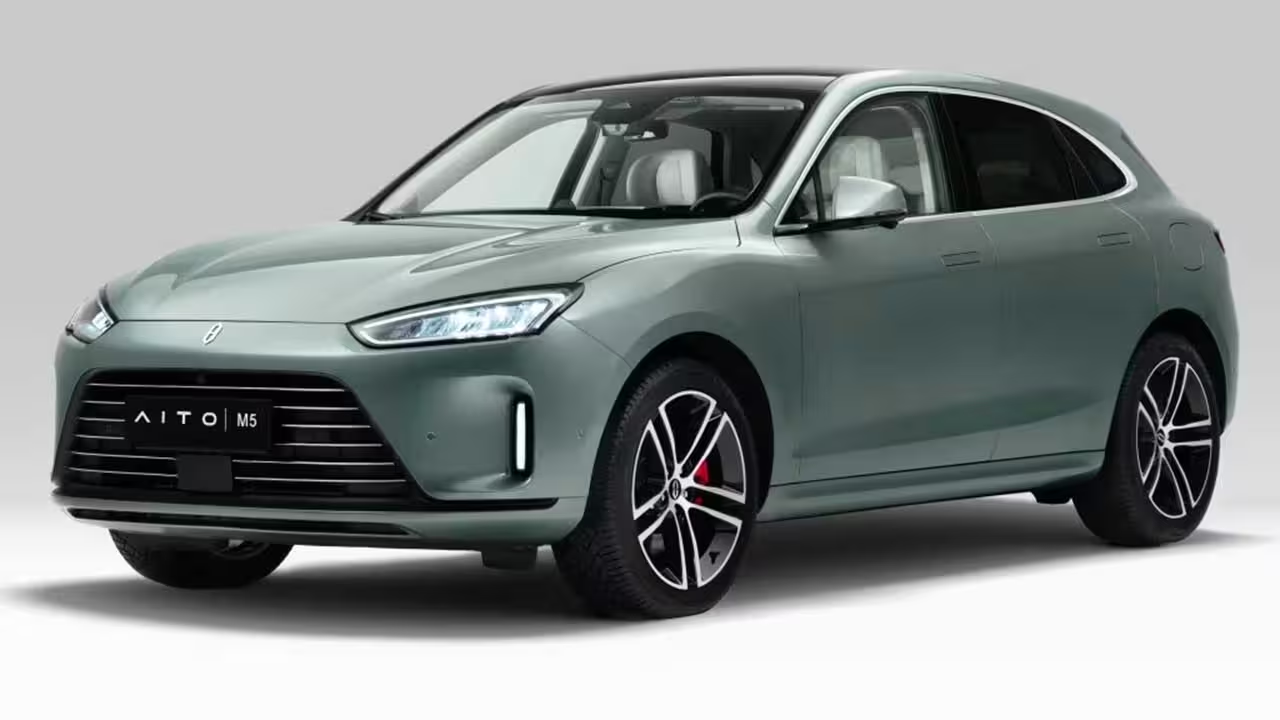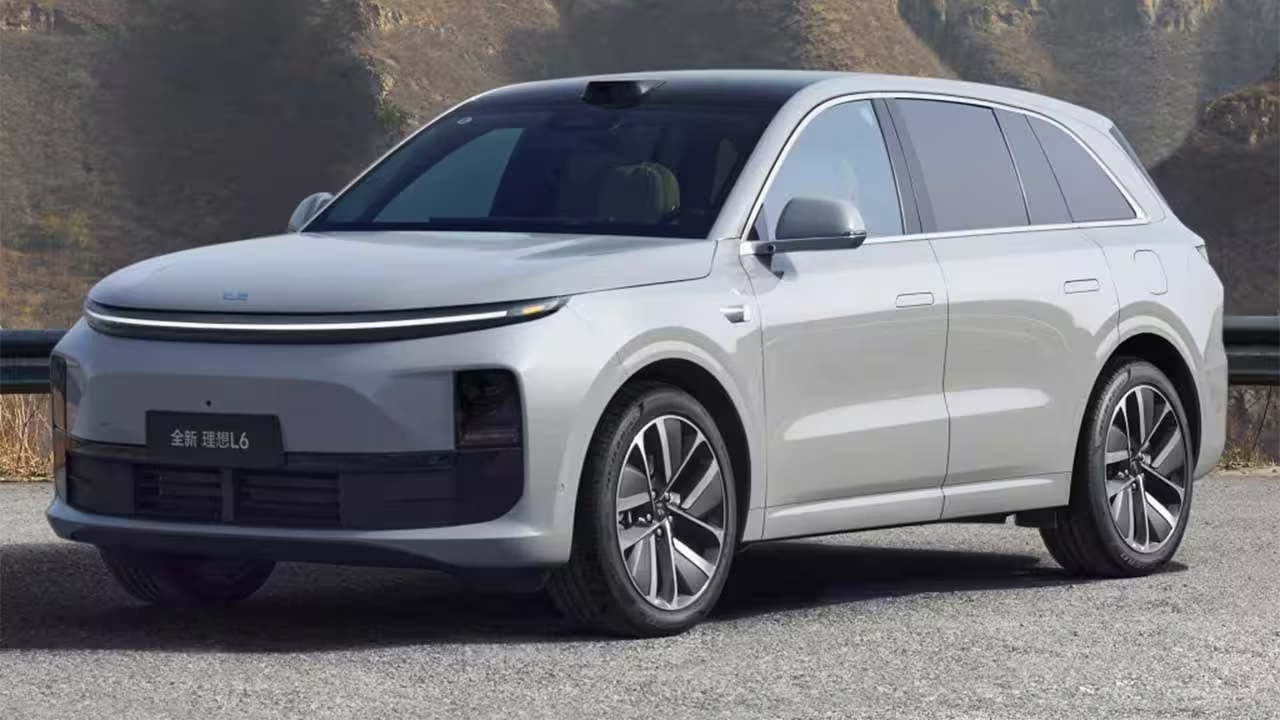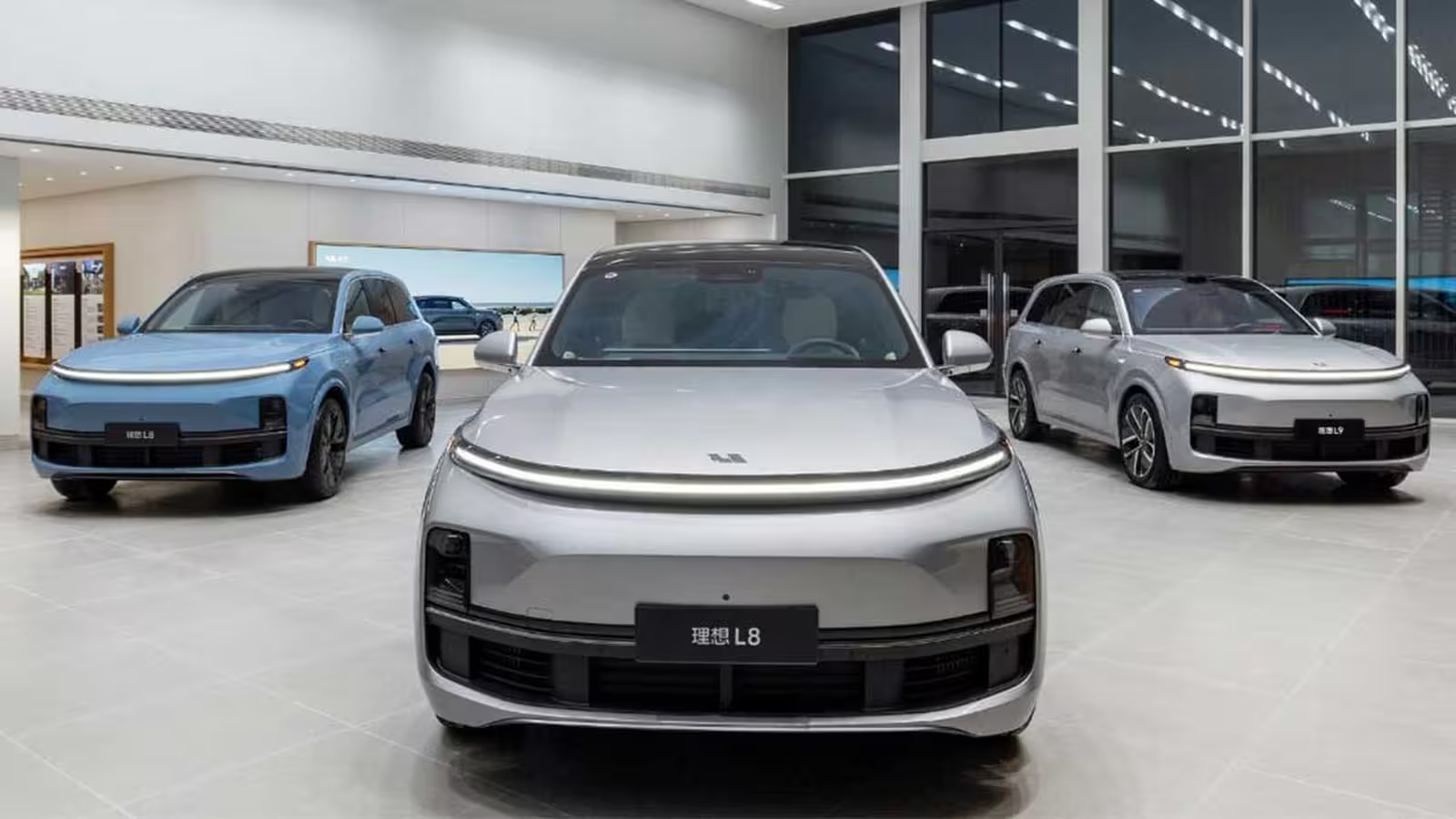4 Minutes
Intensifying Price Wars in China's Electric Vehicle Market
The Chinese electric vehicle (EV) market is undergoing an unprecedented price war, with discounts soaring to a historic 16.8% by April 2025—up from 16.5% in March. While this EV price war brings unmatched deals for EV buyers, it has also put immense financial pressure on nearly all manufacturers. In a market with nearly 50 active electric vehicle producers, only three—BYD, Seres, and Li Auto—remain profitable. As car prices hit record lows, profit margins for EVs have shrunk dramatically, plummeting from 20% just four years ago to a mere 10% last year.
Discounts and Market Dynamics
In 2024, average discounts reached 8.3%, but by December, prices for fully electric cars dropped 10%. This downward spiral accelerated in April 2025, marking the highest ever average rebate. According to Nick Lai, Asia-Pacific automotive research head, price reductions are a sign of the imbalance between oversupply and modest consumer demand: "While competition is fiercer than ever, the demand for electric vehicles hasn't kept pace with the surge in supply."
Competitive Landscape: Only a Few Winners
Smaller automakers are especially hard-hit, facing high development and marketing costs without the economies of scale to compete with giants like BYD. BYD has led the price-cutting trend—slashing the price of its Seagull hatchback by 20% to just 55,800 yuan (about $7,780), and the Seal plug-in hybrid sedan by an astonishing 34% to 102,800 yuan (roughly $14,300). These aggressive deals have spiked showroom visits for BYD by 30–40% in late May, but the company's stock slipped by as much as 8.3%, with rivals such as Li Auto and Geely seeing shares drop over 5%.
.avif)
Popular Models and Market Positioning
In contrast, Geely’s Galaxy brand made headlines with its Star Wish sedan, offering a 300-kilometer range for just $9,500, making it April’s best-selling fully electric vehicle in China. Meanwhile, Tesla's Model 3, positioned as a premium EV, retails domestically at $32,688—over three times higher than local market leaders, underscoring the intense competition and value-focused nature of the Chinese EV sector.

Exports, Global Reach, and Future Projections
International markets are increasingly important for Chinese EV manufacturers. In the first four months of 2025, electric vehicles accounted for 33% of all Chinese vehicle exports—a notable 8% jump from two years prior. BYD continues to strengthen its position overseas, particularly in regions like Australia, where it offers attractive low-interest financing and special deals on plug-in hybrid models. However, the EU’s new tariffs on Chinese electric cars and a projected slowdown in export growth for 2025 present fresh challenges.
On the domestic front, EVs and plug-in hybrids commanded 43% of China’s passenger vehicle sales from January to April, up 2% year-over-year. Analysts predict that by 2030, electric vehicles could claim as much as 80% of the Chinese car market.

Design, Performance, and Technology
Modern Chinese EVs stand out for their blend of affordability, impressive specifications, and innovative technology. The BYD Seagull, for example, delivers remarkable value without sacrificing key features, while Geely’s Galaxy Star Wish impresses with its 300 km driving range at a budget-friendly price. These vehicles typically offer advanced battery systems, intuitive infotainment, and competitive performance to appeal to tech-savvy consumers.
Industry Outlook: The Road Ahead
Looking forward, industry analysts expect consolidation in the Chinese electric car sector. Many smaller automakers may face acquisition or exit the market altogether as the price war persists, overproduction remains an issue, and advanced technology plus scale become essential for survival. The relentless introduction of affordable EV models is transforming mass-market segments, yet only brands with the right mix of innovative technology and operational scale—like BYD, Seres, and Li Auto—are poised to thrive in this fiercely competitive environment.


Comments